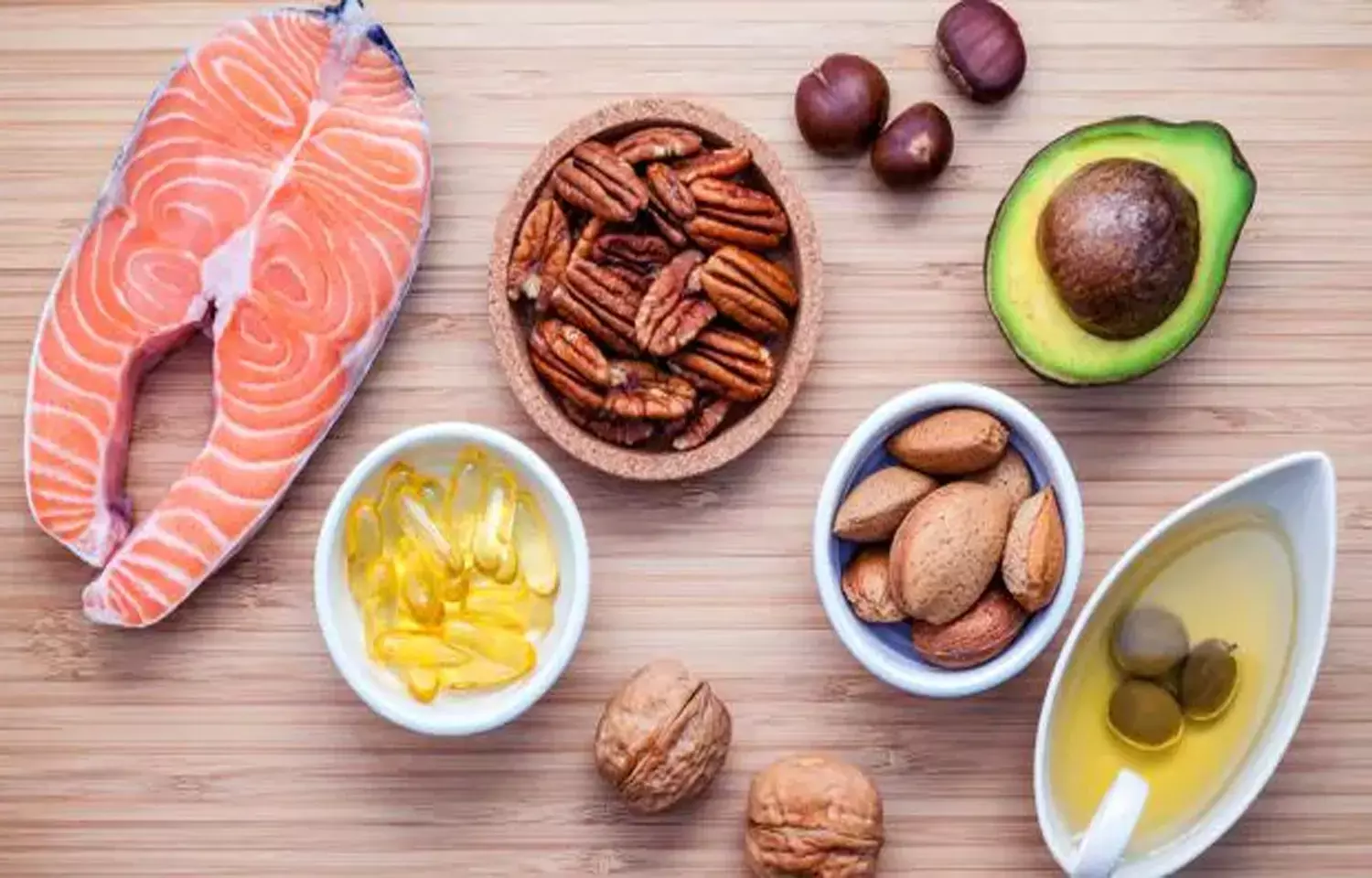- Home
- Medical news & Guidelines
- Anesthesiology
- Cardiology and CTVS
- Critical Care
- Dentistry
- Dermatology
- Diabetes and Endocrinology
- ENT
- Gastroenterology
- Medicine
- Nephrology
- Neurology
- Obstretics-Gynaecology
- Oncology
- Ophthalmology
- Orthopaedics
- Pediatrics-Neonatology
- Psychiatry
- Pulmonology
- Radiology
- Surgery
- Urology
- Laboratory Medicine
- Diet
- Nursing
- Paramedical
- Physiotherapy
- Health news
- Fact Check
- Bone Health Fact Check
- Brain Health Fact Check
- Cancer Related Fact Check
- Child Care Fact Check
- Dental and oral health fact check
- Diabetes and metabolic health fact check
- Diet and Nutrition Fact Check
- Eye and ENT Care Fact Check
- Fitness fact check
- Gut health fact check
- Heart health fact check
- Kidney health fact check
- Medical education fact check
- Men's health fact check
- Respiratory fact check
- Skin and hair care fact check
- Vaccine and Immunization fact check
- Women's health fact check
- AYUSH
- State News
- Andaman and Nicobar Islands
- Andhra Pradesh
- Arunachal Pradesh
- Assam
- Bihar
- Chandigarh
- Chattisgarh
- Dadra and Nagar Haveli
- Daman and Diu
- Delhi
- Goa
- Gujarat
- Haryana
- Himachal Pradesh
- Jammu & Kashmir
- Jharkhand
- Karnataka
- Kerala
- Ladakh
- Lakshadweep
- Madhya Pradesh
- Maharashtra
- Manipur
- Meghalaya
- Mizoram
- Nagaland
- Odisha
- Puducherry
- Punjab
- Rajasthan
- Sikkim
- Tamil Nadu
- Telangana
- Tripura
- Uttar Pradesh
- Uttrakhand
- West Bengal
- Medical Education
- Industry
Dietary niacin may help prevent high BP: JAMA

China: Optimal intake of diet rich in niacin may help in the primary prevention of hypertension, finds a recent study in the journal JAMA Network Open. The dietary sources of niacin mainly included vegetables, meat and meat products, and cereal and cereal products.
Hypertension or high blood pressure (BP) is the leading cause of noncommunicable disease, disability, and mortality worldwide. According to WHO, an estimated 1.13 billion people worldwide have hypertension, most (two-thirds) living in low- and middle-income countries. Considering this, there is an urgent need for identifying high-risk individuals and develop strategies for effective primary prevention to reverse the rapid rise in hypertension.
Niacin, also known as nicotinic acid or vitamin B3, is a vitamin precursor of nicotinamide adenine dinucleotide, and is essential for energy metabolism and redox reactions. Several randomized clinical trials assessing the effect of niacin supplementation have yielded inconsistent results. However, only limited research has been done on the association between dietary niacin intake and hypertension. The prospective association between dietary niacin intake and incident hypertension risk is not known in the general population. To fill this knowledge gap, Zhuxian Zhang, Nanfang Hospital, Southern Medical University, Guangzhou, China, and colleagues aimed to determine the prospective association between dietary niacin intake and new-onset hypertension, and examined factors that may modify the association among Chinese adults.
The study, consisting of 12 243 Chinese adults used data of dietary intake from 7 rounds of the China Health and Nutrition Survey. 3 consecutive 24-hour dietary recalls from participants in combination with a weighing inventory taken over the same 3 days at the household level was used to measure dietary intake. Statistical analysis was conducted from May 2020 to August 2020.
The study outcome was new-onset hypertension, defined as systolic blood pressure 140 mm Hg or greater and/or diastolic blood pressure 90 mm Hg or greater, diagnosis by physician, or current antihypertensive treatment during the follow-up.
Key findings of the study include:
- The mean (SD) dietary niacin intake level was 14.8 mg/d. A total of 4306 participants developed new-onset hypertension during a median (interquartile range) follow-up duration of 6.1 years.
- When dietary niacin was assessed in quartiles, the lowest risk of new-onset hypertension was found in participants in quartile 3 (14.3 to <16.7 mg/d; adjusted hazard ratio, 0.83) compared with those in quartile 1 (<12.4 mg/d).
- Consistently in the threshold analysis, for every 1 mg/d increase in dietary niacin, there was a 2% decrease in new-onset hypertension (adjusted HR, 0.98) in those with dietary niacin intake less than 15.6 mg/d, and a 3% increase in new-onset hypertension (adjusted HR, 1.03) in participants with dietary niacin 15.6 mg/d or greater.
- Based on these results, there was a J-shaped association between dietary niacin intake and new-onset hypertension in the general population of Chinese adults, with an inflection point at 15.6 mg/d and a minimal risk at 14.3 to 16.7 mg/d (quartile 3) of dietary niacin intake.
"Our study found a J-shaped association between dietary niacin intake and new-onset hypertension in the general population of Chinese adults, with an inflection point at about 15.6 mg/d and minimal risk observed at 14.3 to 16.7 mg/d of dietary niacin. If further confirmed, our data provide evidence for maintaining the optimal dietary niacin intake levels for the primary prevention of hypertension," concluded the authors.
The study, "Evaluation of Dietary Niacin and New-Onset Hypertension Among Chinese Adults," is published in the journal JAMA Network Open.
DOI: https://jamanetwork.com/journals/jamanetworkopen/fullarticle/2774643
Dr Kamal Kant Kohli-MBBS, DTCD- a chest specialist with more than 30 years of practice and a flair for writing clinical articles, Dr Kamal Kant Kohli joined Medical Dialogues as a Chief Editor of Medical News. Besides writing articles, as an editor, he proofreads and verifies all the medical content published on Medical Dialogues including those coming from journals, studies,medical conferences,guidelines etc. Email: drkohli@medicaldialogues.in. Contact no. 011-43720751


